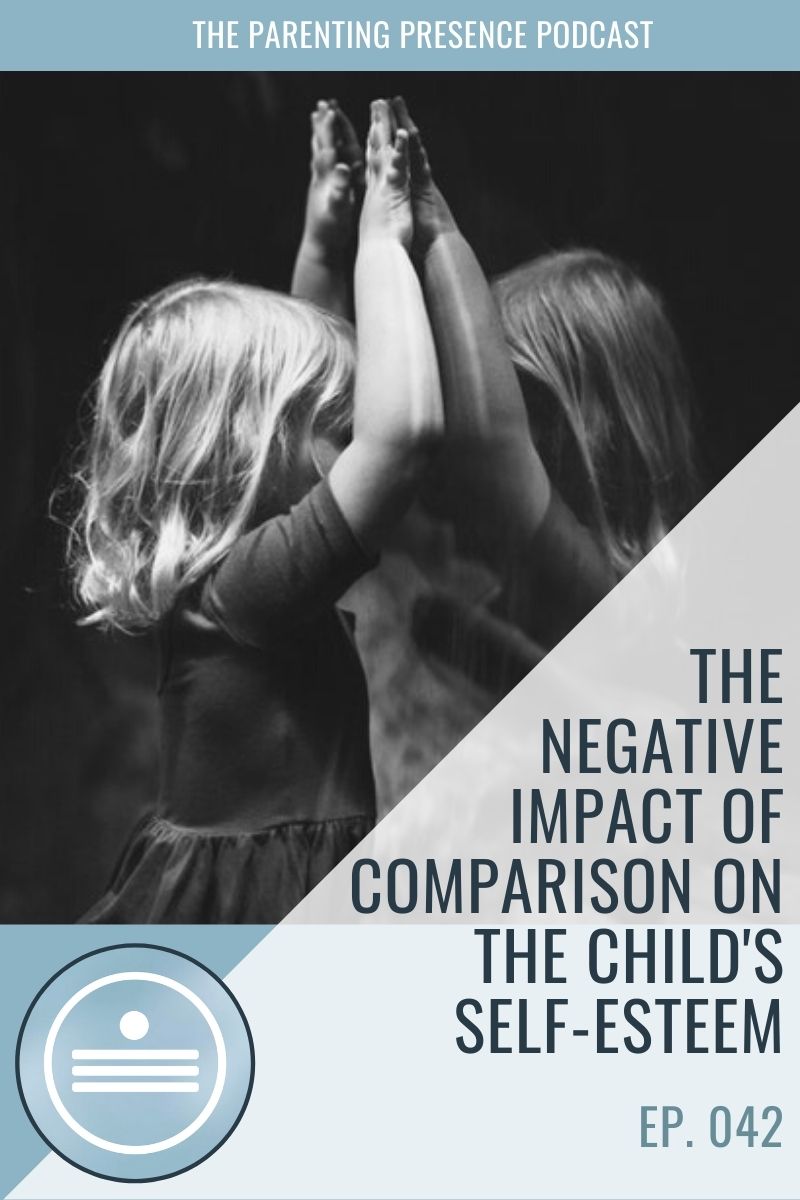
We’ve all done it. At one time or another, we have compared our children to someone else’s. How many times have we said, “Look at so-and-so, why can’t you be like them?” Certainly never said with an ill intent, comparing children does lead to poor self-esteem.
But is comparing children such a bad thing? Could it be a good tool to have when we want to motivate our children to do something? As parents, we hear it all the time that we should not punish children or yell at them, should not blame them, and should not bribe them… And after all these don’ts, you may feel like there are no strategies left to get your child to do what you want them to do, or to get them to rise to your expectations.
It is understandable that sometimes we use this trick as a means of getting the child to listen or to motivate them. But it is a costly strategy in the long term. Why? Because what we are really doing is telling the child they are not good enough. Someone else is better than them.
Ouch!
No wonder why they would feel bad about themselves.
Also, when we express our disappointment in children this way, we are not communicating clearly what we expect from them. And that is confusing. This lack of clarity is likely to create a state of perpetual low-level anxiety for the child. And that is on top of the deep impact on their sense of self and self-esteem.
Comparison sets children up for competitions they are not ready for. Comparing children creates winners and losers, when there can be none. Both sides of this competition carry unhealthy perceptions of their abilities and skills. Both sides live with the consequences of these early and illogical wins and losses that come when we compare one child to another. Ultimately, comparing children to one another hurts both sides and impacts their self-esteem.
BONUS TIP: If you want more ideas on how to support your child’s self esteem, grab a detailed guide here.
So what can we do instead?
Comparing children to someone else who does is “better” is not as innocent as it seems. It deeply impacts the child’s sense of self and worth. So how do we change this habit?
The first step is to understand that when we say “why can’t you be like so-and-so” we usually say that out of frustration. And that frustration is what we need to tune into. Where is it coming from? What is not working? What needs to change?
In this episode, I talk about a different way to approach the moment when we are pulled into a comparison and turn that moment into a more productive exchange instead of comparing children.
A few takeaways from this episode:
- Before the child can look to someone else as a role model and feel inspired to do what they do, they need to have a strong sense of self-worth already instilled in them.
- The child relies on our approval and feedback, in order to know how to feel about what they are doing.
- If we talk by ways of comparison we come across judgmental and this will create an inner critic in the child’s private world of thoughts and feelings.
When someone else’s praise and opinion has been given the power to motivate, it will equally gain the power to deflate and to put down.
That is the ultimate cost of comparison. Let us do what we can to keep our children away from the comparison trap. Let us not set them up for failure before they have experienced success.
